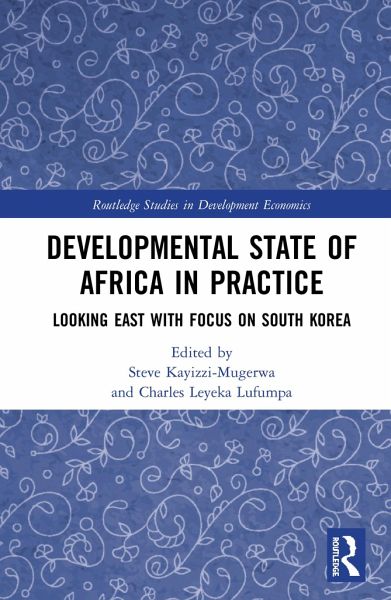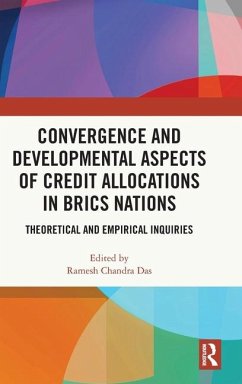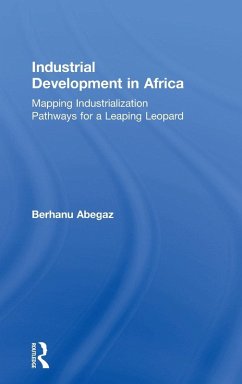
Developmental State of Africa in Practice
Looking East with Focus on South Korea
Herausgeber: Kayizzi-Mugerwa, Steve; Leyeka Lufumpa, Charles
Versandkostenfrei!
Versandfertig in 1-2 Wochen
168,99 €
inkl. MwSt.

PAYBACK Punkte
84 °P sammeln!
This book is the product of research undertaken at the African Development Bank (AfDB) on the lessons that the continent of Africa can draw from the role of the state in Asia's rapid economic development in the last 50 years. The book applies a cross-national comparative framework to analyse Africa's performance drawing broadly on the developmental states of Asia (i.e. Japan, China, India, Vietnam, etc.) with focus on South Korea. The book argues that for Africa to replicate Asia's developmental success, it may require more than just tweaking the public sector machinery. Dedicated institutions...
This book is the product of research undertaken at the African Development Bank (AfDB) on the lessons that the continent of Africa can draw from the role of the state in Asia's rapid economic development in the last 50 years. The book applies a cross-national comparative framework to analyse Africa's performance drawing broadly on the developmental states of Asia (i.e. Japan, China, India, Vietnam, etc.) with focus on South Korea. The book argues that for Africa to replicate Asia's developmental success, it may require more than just tweaking the public sector machinery. Dedicated institutions and a citizenry capable of demanding accountability from governments must become key ingredients of the development strategy. The book also provides insight into the learning experiences of Asia, in addressing key national policy challenges i.e. land reform and quality of public administration at the federal and local levels, enhancing technical skills, boosting capabilities for sciences, engineering and mathematics, and industrialization.












